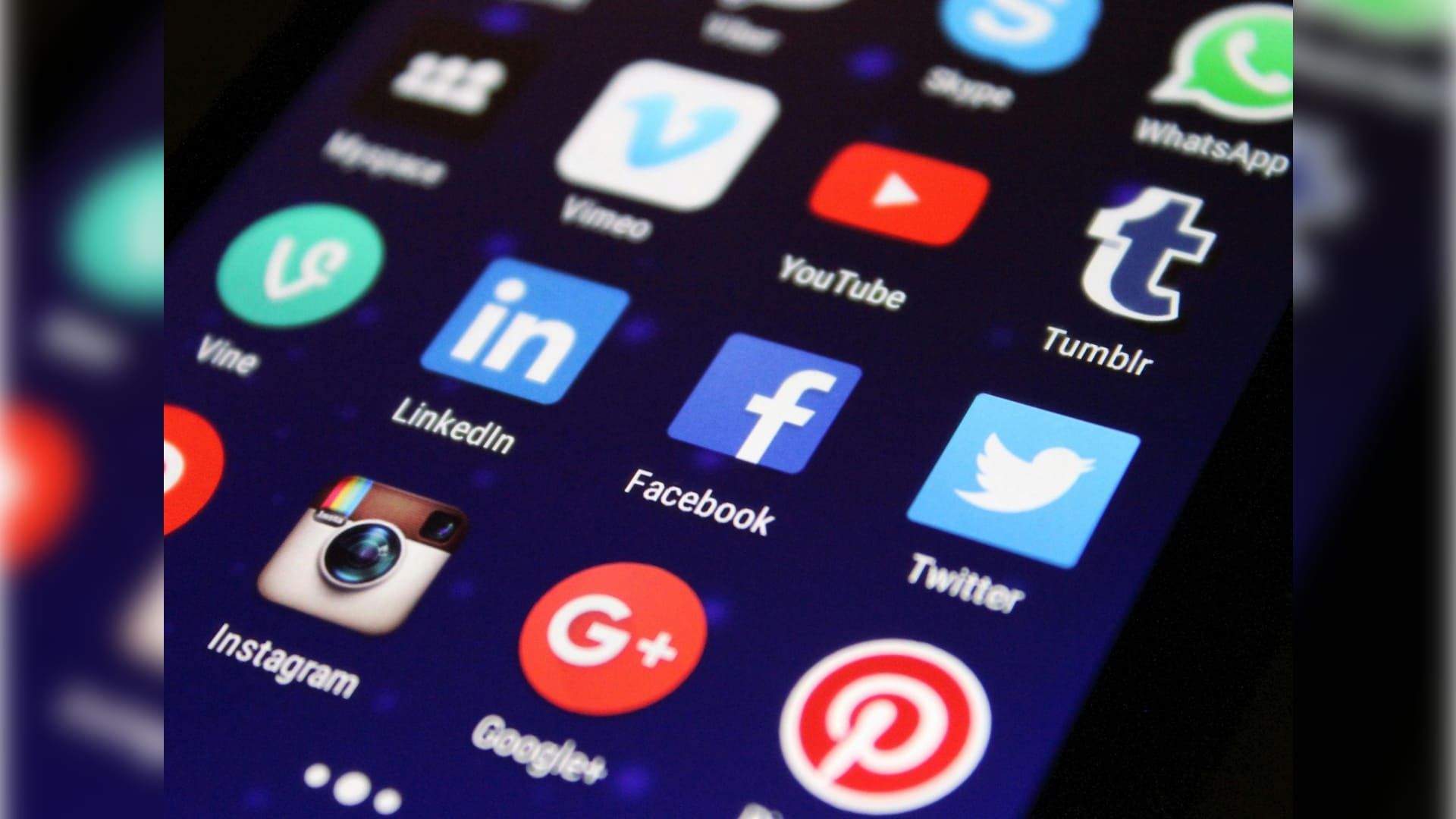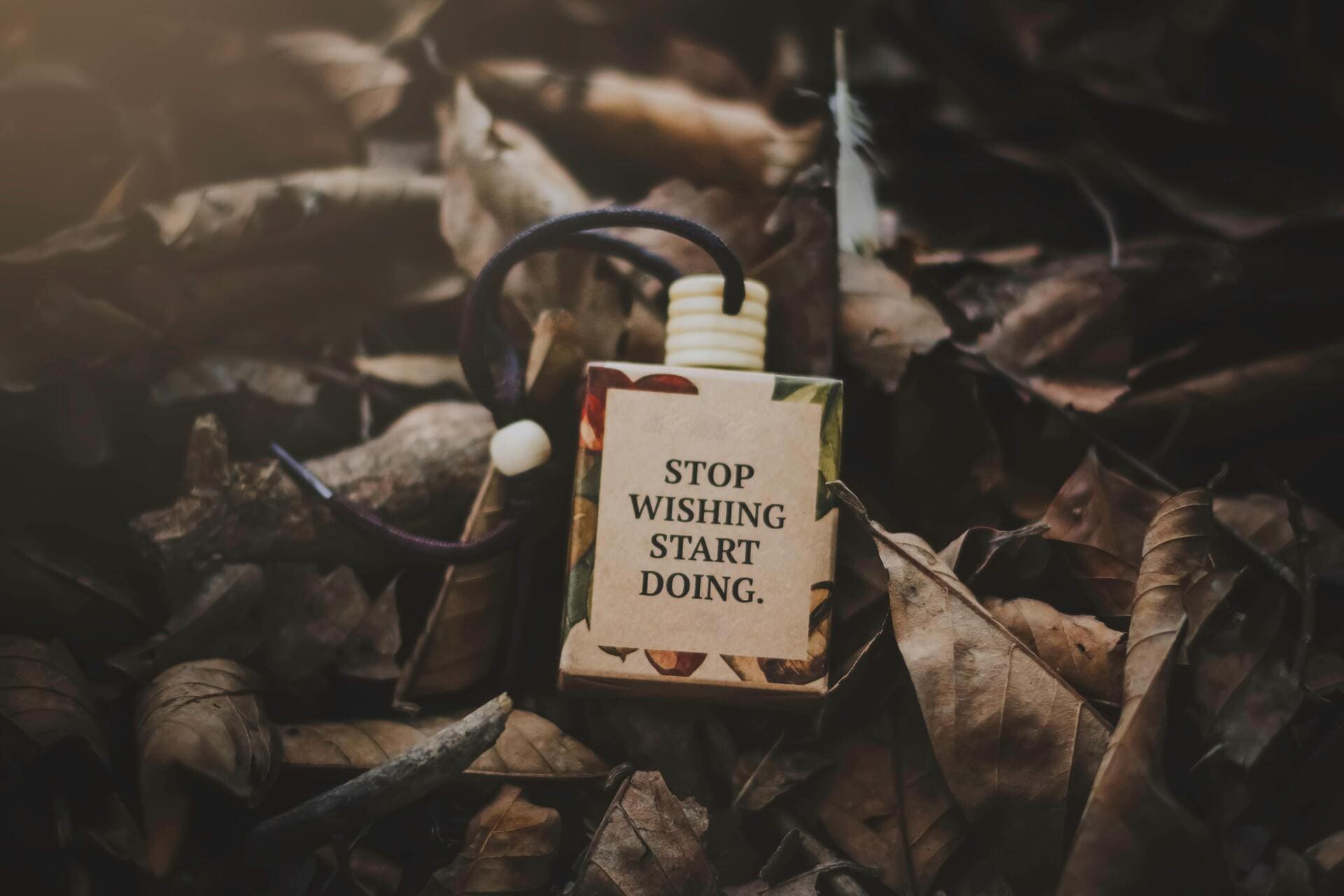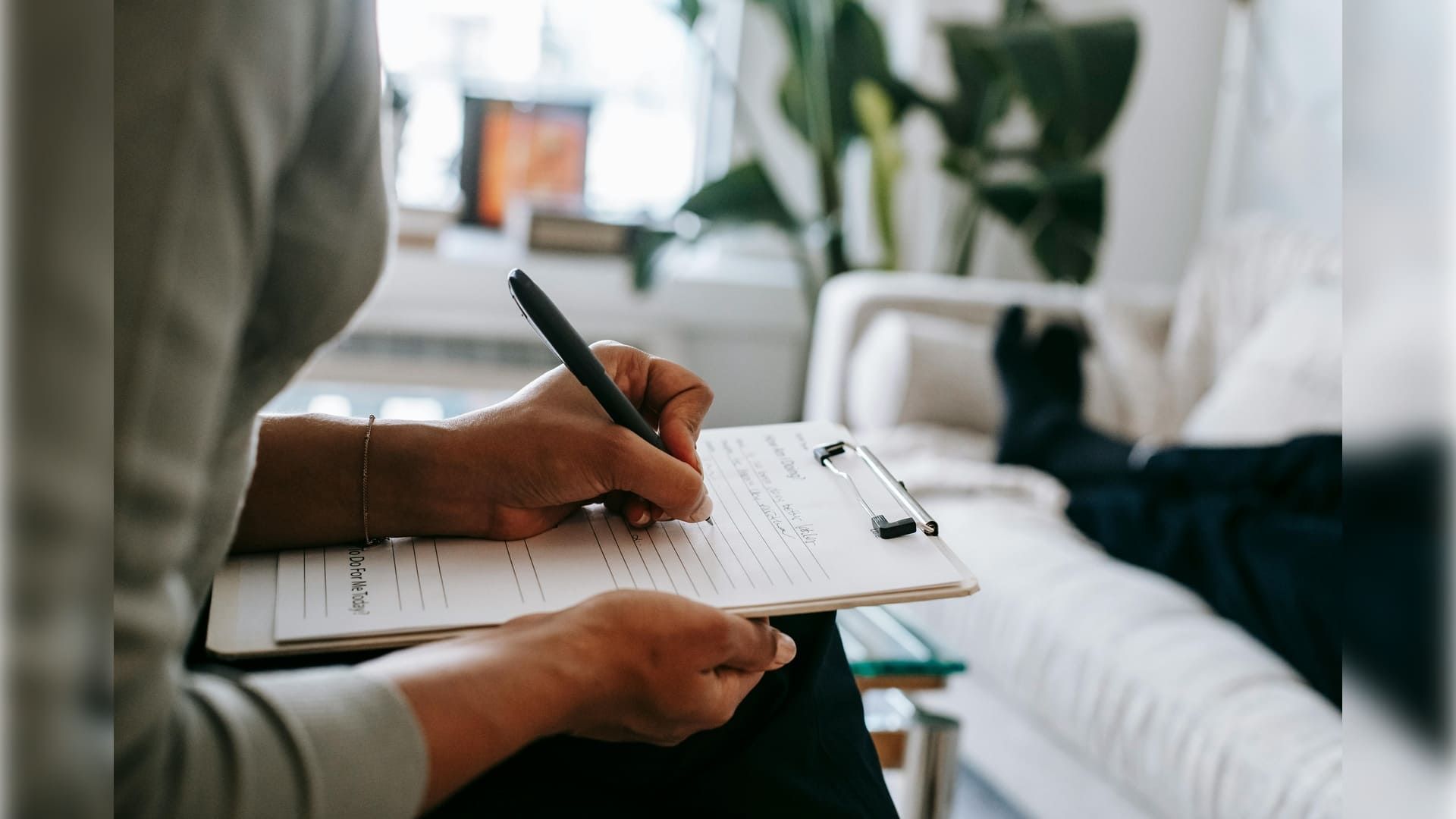Social Media and Depression: Understanding the Link and Finding Balance

Sarah Johnson, MD

Is Social Media Affecting Your Mood?
You scroll through feeds of vacations and achievements. You feel part of a bigger world. But sometimes, a feeling of loneliness creeps in. This is the modern paradox of social media and depression. It promises connection but can increase online stress and digital anxiety.
Have you ever felt worse after closing an app than before opening it? You are not alone — this experience makes many wonder, can social media cause depression, and exploring how does social media cause depression is key to understanding its impact on your digital wellbeing. If you often feel worse after scrolling, you're not alone—an AI Mental Health can help you explore this link and build a healthier relationship with social media.
- How Does Social Media Affect Mental Health?
- Can Social Media Cause Depression?
- Signs Social Media Might Be Impacting Your Emotional Well-Being
- Why Are Teens and Young Adults More Vulnerable?
- How to Protect Your Mental Health Online
- FAQ — Social Media and Depression
- Taking Control of Your Digital World
How Does Social Media Affect Mental Health?
Social media is a tool, and its effect depends on usage. Benefits: it helps people form support groups and stay connected with distant friends. Risks: excessive scrolling correlates with heightened depressive symptoms. The key difference is often between unconscious consumption and conscious connection, affecting your digital wellbeing and emotional health.

Can Social Media Cause Depression?
This leads to the critical question: can social media cause depression? It isn't usually the only cause. But it can play a big role. The relationship is one of correlation and enhancement. To understand the risk, we must ask how does social media cause depression? Algorithms make echo chambers full of bad content. Constantly comparing yourself to curated highlights makes you feel less valuable. Your brain learns to look for validation through dopamine-driven feedback loops. This cycle can make existing weaknesses worse and fuel feelings of depression. Breaking this cycle of comparison often begins with intentional screen-free calming practices to reset your mental space.
Signs Social Media Might Be Impacting Your Emotional Well-Being
The first step toward change is to see the signs. Feeling down after using apps is a big warning sign of social media's depression negative impact. Another sign that something is wrong is feeling like your life isn't good enough. Or a constant fear of missing out (FOMO). Pay attention to whether you can't sleep because you can't stop using your phone.
- Feeling tired or anxious after scrolling.
- Always looking at other people's lives online and comparing them to yours.
- Putting off real-life relationships in favor of online ones.
- Looking at apps first thing in the morning and last thing at night.
Why Are Teens and Young Adults More Vulnerable?
Teens and young adults are at a critical stage of development. Their sense of self-worth is still forming, making peer approval very influential. Likes and comments trigger dopamine, giving temporary satisfaction. Research shows that adolescents with heavy social media use report more depressive symptoms. When online and real lives blur, vulnerability to digital stress and social comparison depression increases.
For many, the result isn't a clinical depression, but a sense of languishing from social media use — a feeling of being stuck in a gray area, where life feels bland and motivation is hard to come by. This sense of languishing highlights the profound need for offline mood enhancement and reconnection with the physical world.
How to Protect Your Mental Health Online
- Set strict app limits — most phones offer tools to help. Take control of your online life.
- Mind your feed: notice why you open apps. Is it out of boredom or habit?
- Curate content that uplifts you and unfollow accounts that trigger comparison. Prioritize face-to-face interactions to shield your mental health from social media-induced stress and maintain digital wellbeing.
FAQ — Social Media and Depression
Does stopping using social media help with depression?
Taking a break or quitting can make a lot of people feel better. It gets rid of things that make you want to compare and lets you focus on real-life connections, directly addressing the link between social media and depression.
How much time is too much to spend on social platforms?
There isn't a magic number. It's not so much about how many minutes you have, but how you feel about that time. It's too much if it affects your mood or your duties.
Are some platforms worse for your mental health than others?
People who use image- and video-based sites like Instagram and TikTok often have more problems with their body image and comparing themselves to others than people who use text-based sites.
Can social media ever be good for your mood?
Yes. It can be good when you use it to connect with friends, learn new skills, or join supportive groups.
Taking Control of Your Digital World
Your mental health is more important than any feed. You have the power to change how you use technology. Big changes start with small steps. Check your consumption. Make a limit. Your online life should work for you, not the other way around. By understanding the mechanisms of how social media can cause depression, you can build a healthier relationship with it.














